License
Agreement
Jim Clark Co
Free Template
Unlock Opportunities: Create license agreements to safeguard your intellectual property, define usage terms, and foster successful partnerships.
***
A License Agreement is a legal contract where the owner of intellectual property (licensor) allows another party (licensee) to use it under defined terms. It covers the type of IP, usage scope, duration, fees or royalties, and termination rights to protect ownership.
***
Imagine your creation (a song, a design, or a groundbreaking invention) taking the world by storm! But how do you control how it's used and make money from it? That's where licensing agreements come in. Whether you're a musician, a programmer, or a business on the move, it's important to have one!
A licensing agreement is a legal contract between two parties, known as the licensor and the licensee. Depending on the type of IP involved, these agreements are also known as IP Agreements, Copyright Licenses, or Patent Licenses.
A licensing agreement spells out the terms of the collaboration. It gives the licensee permission to use the IP, as long as they follow the rules.
Here's some examples of when someone would use a licensing agreement:

Not all licenses are created equal! Here's the breakdown of the most common types:
Understanding these different licenses lets you choose the one that best fits your creative or business needs!

So you've got a licensing deal brewing? Fantastic! But before you clink champagne glasses, make sure your agreement has these crucial terms ironed out:
By including these key terms, you'll have a clear and enforceable agreement that protects your creative work or business interests!

Licensing agreements aren't just for tech giants! If you've ever created something amazing, you might be holding a goldmine without knowing it. Here's who can benefit from these powerful deals:
These are just a few examples. If you've poured your heart and soul into something with commercial potential, a licensing agreement might be the key to unlocking its true value!
The way you get paid in your licensing agreement can make a big difference to your bottom line. Here's a breakdown of the two main options:
The Flat-Fee License: This is a one-time payment the licensee pays you upfront. It's a good option for short-term projects or one-off uses of your IP, like a one-time use of your song in a commercial.
Royalty Based Licenses: This is where the real earning potential lies! Royalties are ongoing payments based on the licensee's sales or revenue generated by your IP. Imagine your song being a hit movie soundtrack - with royalties, those sales keep putting money in your pocket. The percentage can vary depending on the industry and the type of IP you're licensing (think a popular character on a t-shirt vs. a niche software program).

Licensing agreements can feel like a maze. Simplify the process with Butterscotch's customizable templates! Here's why you'll love us:
With Butterscotch, you can streamline the whole process, save time, and manage your agreements with ease.

Jim Clark Co
Jim Clark Co
This Licensing Agreement ("Agreement") is made and entered into on [Date], by and between:
1. Description of Property: The property subject to this Licensing Agreement includes the following intellectual property:
2. Representation of Ownership: The Licensor represents and warrants that they are the legal owner of the property and have the authority to grant the rights described in this Agreement.
3. Term of Agreement:
4. Geographic Region: The property may be used within the following geographic region: [Specify geographic region, e.g., worldwide, North America, Europe]
5. Exclusivity:
6. Royalty Fee Structure:
7. Scope and Scale Limitations:
8. Subsidiary Licensing:
9. Quality Assurance and Performance Requirements: The Licensee agrees to maintain the following quality assurance and performance standards: [Specify standards]
10. Confidentiality/Nondisclosure: The Licensee agrees to maintain the confidentiality of all non-public information disclosed by the Licensor during the term of this Agreement.
11. Product Liability: The Licensee assumes all responsibility for product liability arising from the use of the property under this Agreement.
12. Amendments: This Agreement may be amended only by a written document signed by both parties. Any changes must be discussed and agreed upon by both parties before they take effect.
13. Termination:
14. Dispute Resolution: Any disputes arising under this Agreement shall be resolved through the following procedures:
15. Signatures: By signing below, the parties agree to the terms and conditions outlined in this Licensing Agreement.
This Agreement constitutes the entire agreement between the parties and supersedes all prior negotiations, representations, or agreements, whether written or oral. This Agreement may be executed in counterparts, each of which shall be deemed an original, but all of which together shall constitute one and the same instrument.
Answers to our most asked questions about license agreement templates
Contact usDiscover more articles that align with your interests and keep exploring.